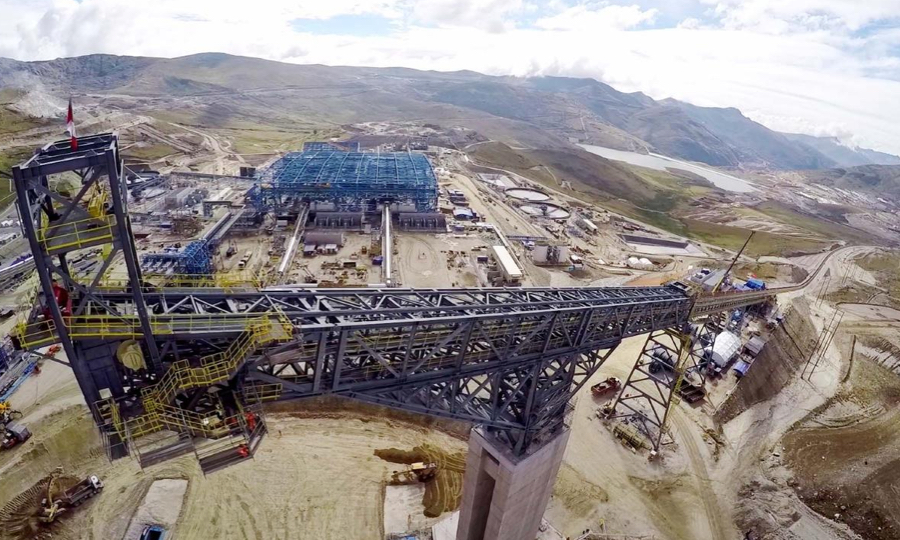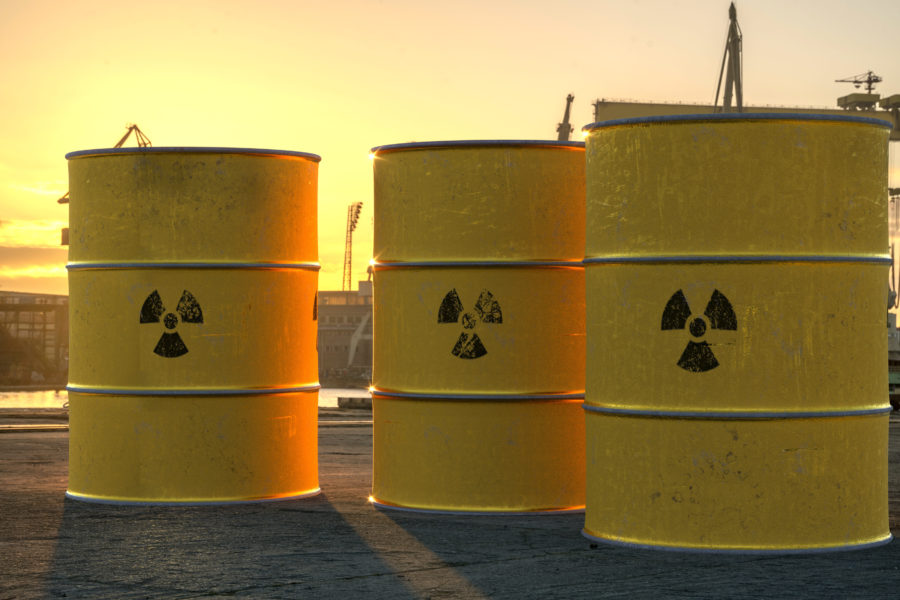Too much copper drops price to six-week low

In New York trade on Monday copper for delivery in September suffered another down day as new supply coming on stream coupled with fewer than usual mining disruptions upset the fundamentals for the metal.
Copper dipped almost 2% to $2.1270 per pound ($4,690 a tonne), a six week low. While other industrial metals and steelmaking raw materials have jumped in value this year, industry bellwether copper has been underperforming badly. The red metal is now trading flat year to date following a 26% decline in 2015.
Demand has held up well. China, responsible for more than 45% of the seaborne trade, imported 9.4 million tonnes of concentrate during the first seven months of the year, a 36% jump on 2015. For the first seven months refined imports are up by nearly one-fifth at 3.1 million tonnes.
But the market is set stay in surplus despite some curtailment by top producers Freeport McMoran and Glencore as new mines and expansions, particularly in Peru, ramp up to capacity.
If this low rate of disruption continues through the second half, mine supply will exceed our initial forecast by around 230,000 tonnes in 2016
While top producer Chile settled into a gentle decline, Peruvian copper production surged by more than 50% to just under 741,000 tonnes in the first half of the year.
Additional supply includes increased production from Freeport’s Cerro Verde mine and the ramp-up of the Chinese-backed Las Bambas mine, both in Peru. Cerro Verde pumped out 260,000 tonnes during the first half of the year after Freeport completed a project to add 270,000 tonnes annual capacity at the mine.
Operator MMG’s Las Bambas ramp-up is ahead of schedule and the new mine is expected to produce 250,000 – 300,000 tonnes this year and 400,000 in 2017. Hudbay’s Constantia is also hitting its stride with 63,800 tonnes unearthed so far this year while Glencore’s Antamina and Antapaccay mines both upped output substantially.
Add to Peru’s success increased output at Vale’s Salobo mine and the ramping up of Southern Copper Corp’s Buenavista mine in Mexico. BHP Billiton last week also announced increased guidance at Escondida, the world’s largest copper mine by some margin.
Further out Canada’s First Quantum Minerals is also continuing to proceed with the development of the Cobre Panama project, with full production expected in 2018, while NGEx Resources Constellation copper project could fill any gaps opening up some time in the next decade.
A rule of thumb for many industry forecasters is to allow for a 5%–6% swing in global annual output of 22 million tonnes due to mine level disruptions, be it from bad weather, labour problems or technical difficulties.
According to a Morgan Stanley report quoted by CNBC, this year disruptions are tracking at 1.8%:
“If this low rate of disruption continues through the second half, mine supply will exceed our initial forecast by around 230,000 tonnes in 2016 – bearish for copper’s price.”
{{ commodity.name }}
{{ post.title }}
{{ post.date }}




Comments
Altaf
In Dec-Jan when all commodities were at multiple year lows, many skipped investments. Six months later, they recognized the chance as the best turnaround in many years.
This low copper price situation might be one such we will be writing articles on after six months.